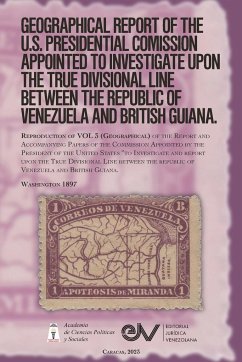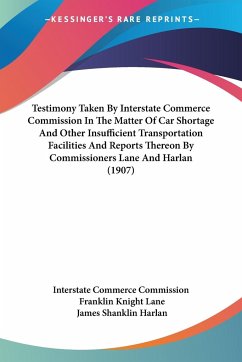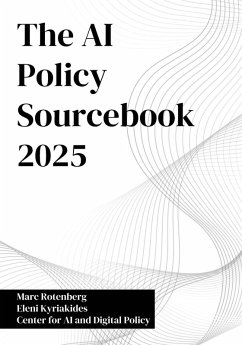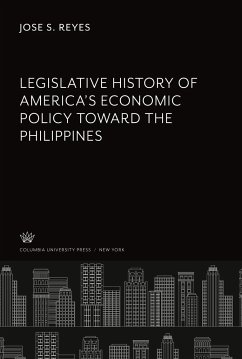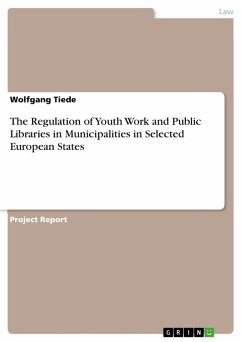
The European Commission and Education Policy
Versandkostenfrei!
Versandfertig in 6-10 Tagen
62,99 €
inkl. MwSt.

PAYBACK Punkte
31 °P sammeln!
With a focus on the creation of an EU level for Education Policy after the establishment of the Lisbon Agenda, this book identifies the domains of Education Policy which have been Europeanised and how the interactions between supranational and national policy actors produce distinctive answers to the questions of what education policy is governed at the scale of the European Union and how it is governed. In doing so, the book departs from much mainstream 'EU studies' in mobilizing inter-disciplinary social science theory and ethnographic methods to investigate the creation and outcomes of educ...
With a focus on the creation of an EU level for Education Policy after the establishment of the Lisbon Agenda, this book identifies the domains of Education Policy which have been Europeanised and how the interactions between supranational and national policy actors produce distinctive answers to the questions of what education policy is governed at the scale of the European Union and how it is governed. In doing so, the book departs from much mainstream 'EU studies' in mobilizing inter-disciplinary social science theory and ethnographic methods to investigate the creation and outcomes of educational governance activity in the European Union. Based on an extended ethnographic study within the European Commission, the book draws on interviews with Commission officials as well as participant ethnographic study of policy processes involving supranational, national, public and private policy actors. Taking the reader behind the scenes of policy development, the book offers a theoretically driven and methodologicaly innovative analysis of the shifts in the governance, mandates and outcomes of education policy at the European level.




